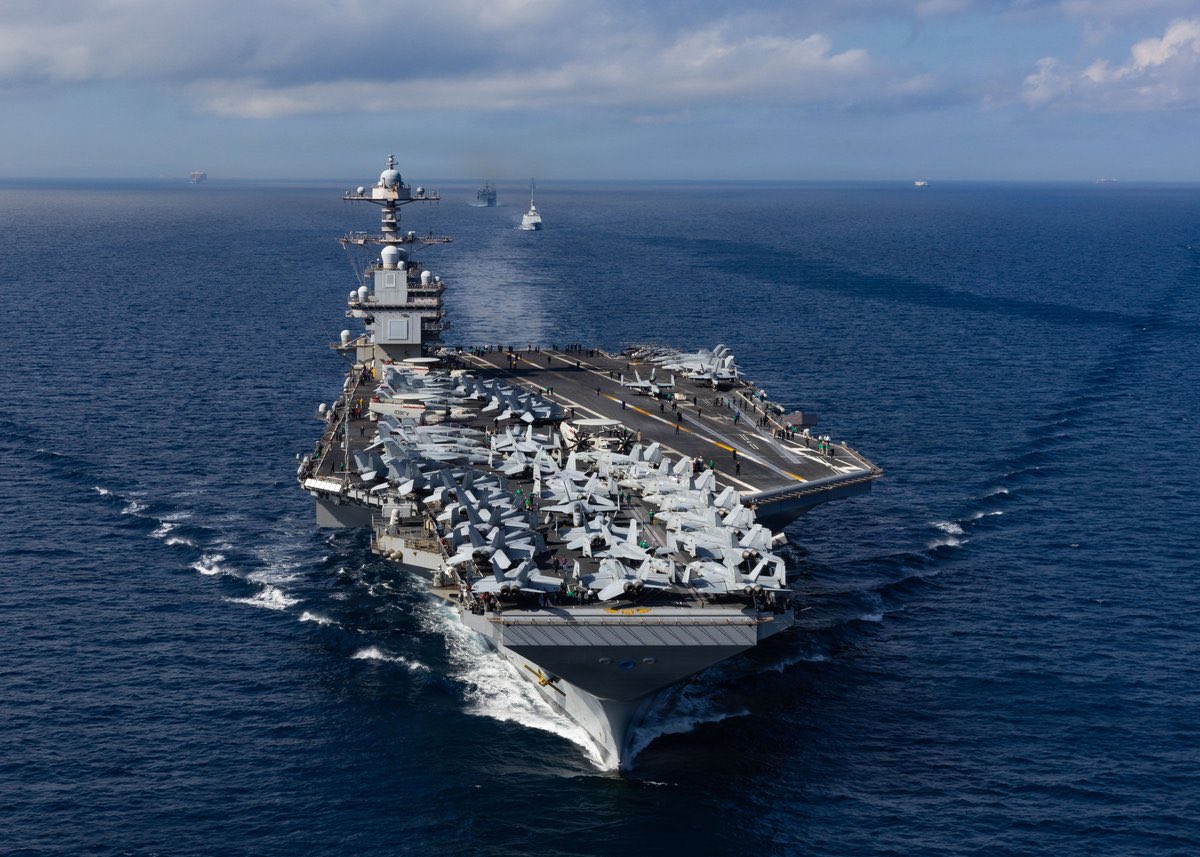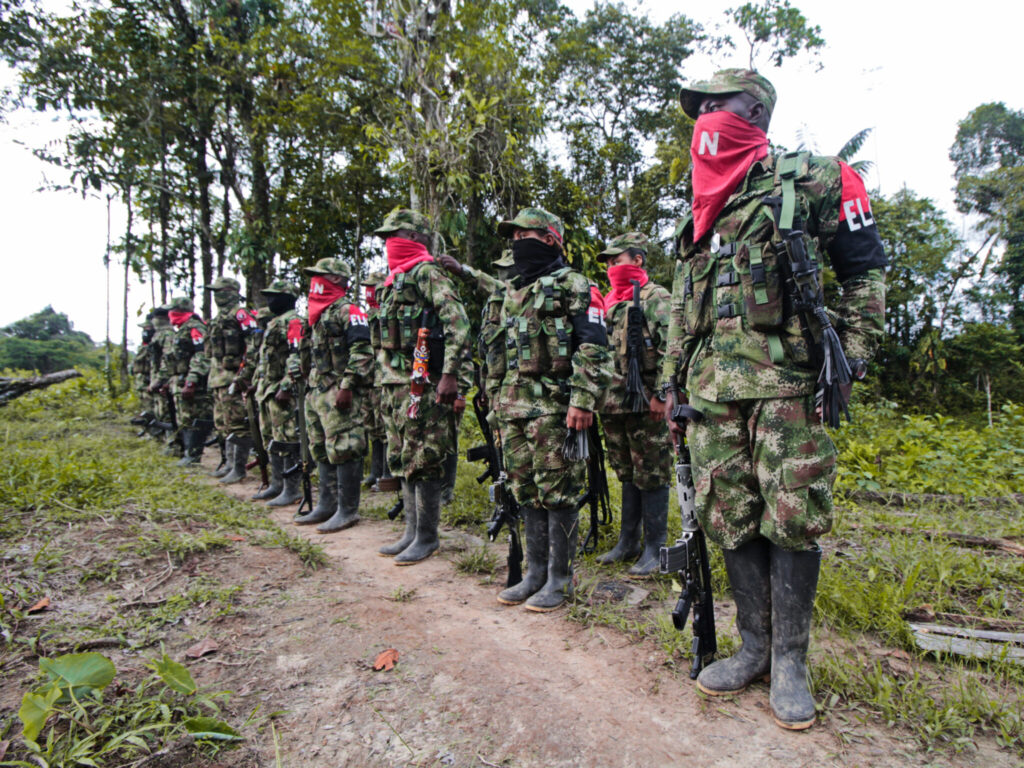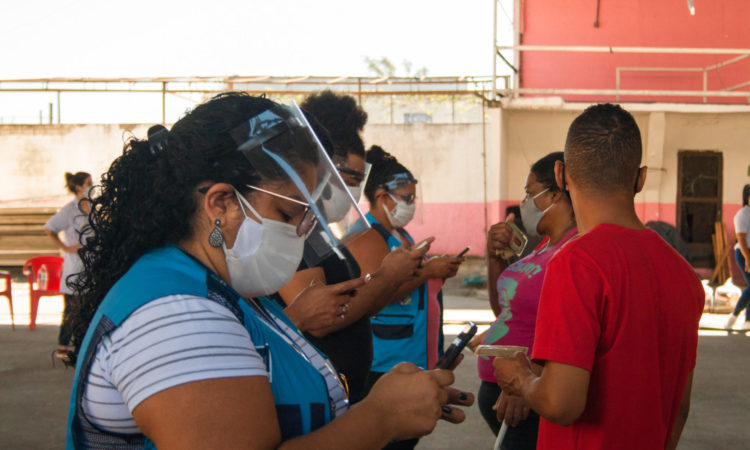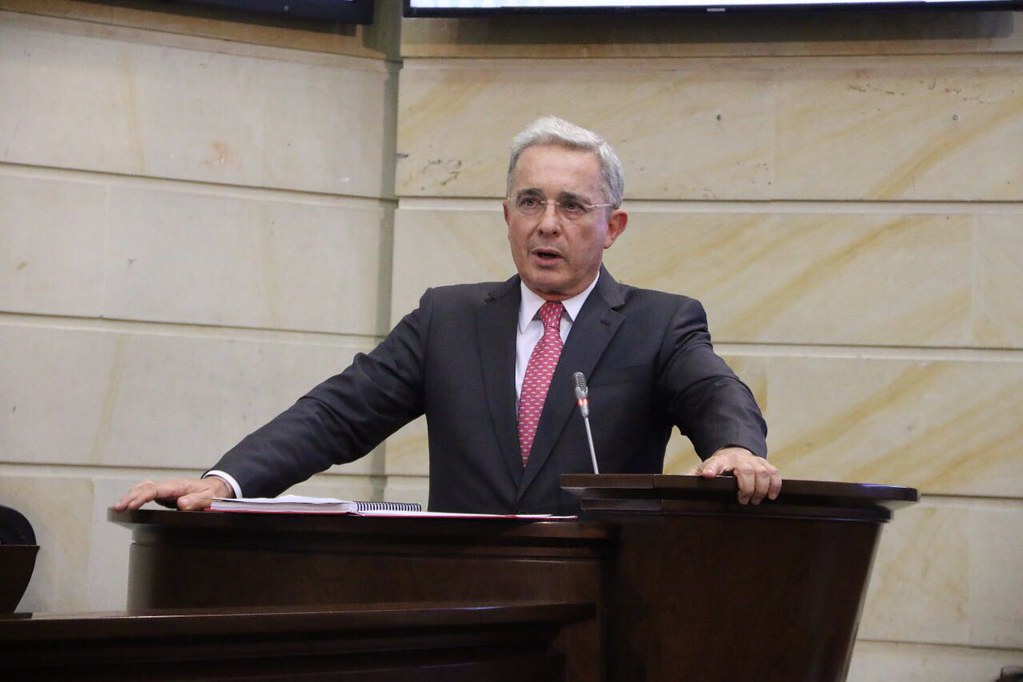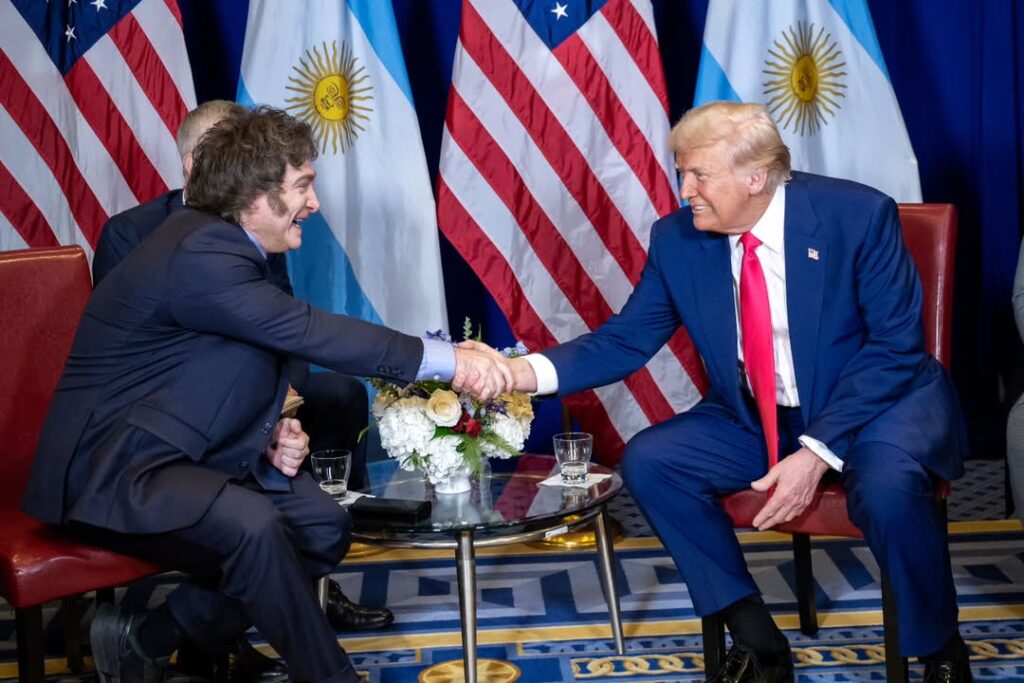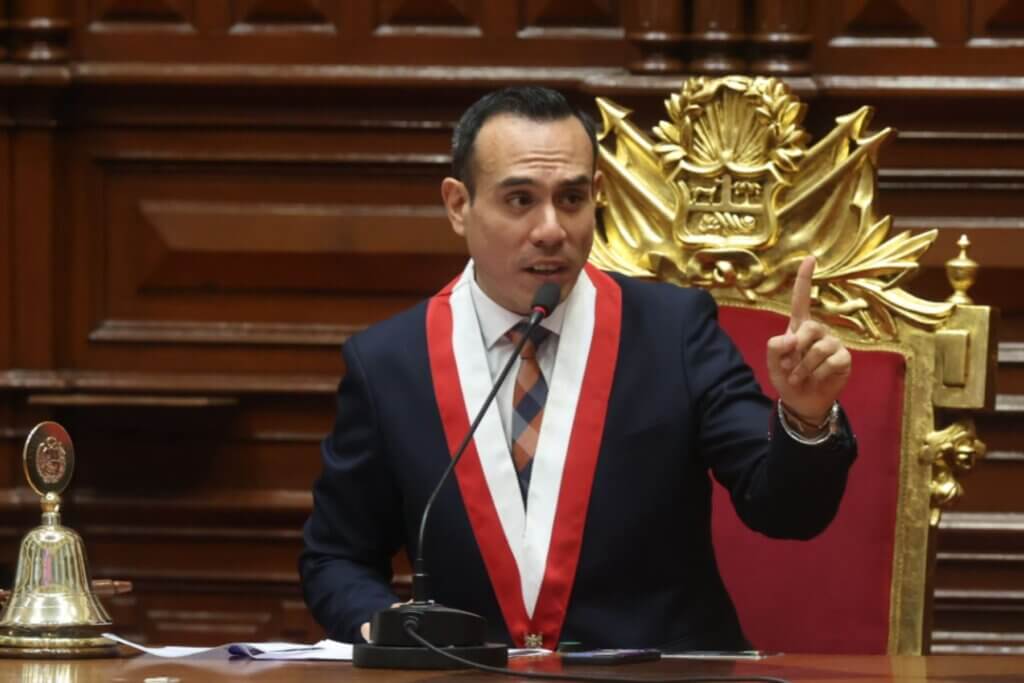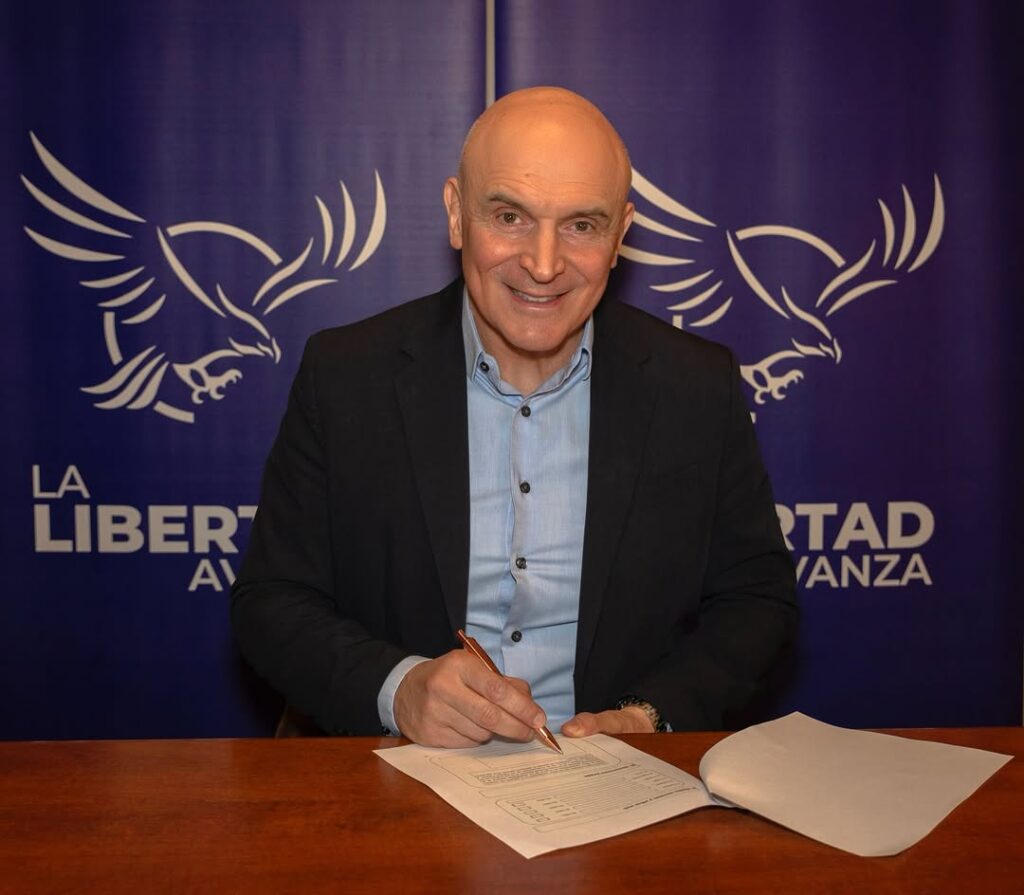Bogotá, Colombia – Fears are growing in the Caribbean of possible U.S. strikes on land targets following the deployment of Washington’s largest warship and threats of further intervention.
Last week, the Pentagon confirmed that the USS Gerald R. Ford was being transferred to the Caribbean and Republican Senator Lindsey Graham said Trump was planning to notify Congress of potential land strikes in Venezuela and Colombia.
The latest announcements mark an escalation in tensions in the Caribbean, which has been the stage for a mounting U.S. military campaign targeting alleged drug boats from Venezuela and Colombia.
On Friday, the Pentagon announced the world’s largest aircraft carrier would be transferred from the Mediterranean to the Caribbean to bolster an already significant force build-up in the region, which began in August.
The aircraft carrier will join eight other warships, a nuclear submarine, an F-35 fighter jet, and some 10,000 troops already located in the region. The U.S. is also conducting joint military exercises with Trinidad and Tobago involving the USS Gravely destroyer.
Washington’s continued massing of forces may signal an increasing willingness to strike targets on land, according to analysts.
“The scale of the deployment suggests they are serious about using force in a way that we have not seen since the Panama invasion of 1989,” Adam Isacson, director for Defense Oversight at the Washington Office on Latin America, told Latin America Reports.
In 1989, U.S. marines were deployed to depose Panamanian dictator Manuel Noriega. Many believe Washington’s military build-up aims to overthrow Nicolás Maduro, who it accuses of heading a drug trafficking cartel called the Cartel de los Soles, or Cartel of the Suns.
The Pentagon’s latest manoeuvres appear to be stirring concerns in Caracas, which condemned the exercises in Trinidad and Tobago as a “military provocation,” accusing the U.S. of preparing a false flag operation to create a pretense to strike Venezuela.
A government spokesperson also said Venezuelan forces had captured a group of mercenaries related to the Central Intelligence Agency, which the White House authorized to carry out covert operations in the country earlier this month.
On Sunday, Republican Senator Lindsey Graham said Trump was planning to notify Congress of potential plans to strike targets on land in Venezuela and Colombia.
“President Trump told me yesterday that he plans to brief members of Congress… about future potential military operations against Venezuela and Colombia,” Graham told CBS News.
A strike on Colombia would mark a serious shift in Washington’s historic alliance with the country but Trump has not ruled it out as his spat with Colombian President Gustavo Petro escalates. On Friday, the White House added Petro and members of his inner circle to the so-called Clinton List, imposing harsh financial sanctions for their alleged involvement in drug trafficking.
Read more: US slaps financial sanctions on Colombia’s Petro over drug dispute
Trump has offered no evidence for his claims that Petro is “an illegal drug dealer”, but takes issue with the proliferation of coca cultivation and cocaine production under the current administration. The Colombian president has also been a vocal critic of Trump, accusing him of “murder” in his campaign against boats in the Caribbean.
But striking Colombia may inadvertently strengthen Petro and his leftist movement ahead of next year’s elections.
“It would be a great way to get Colombians to rally around Petro and the Pacto Histórico [coalition] ahead of the elections,” said WOLA’s Isacson.
With the USS Ford due to arrive in the Caribbean this week, the region is holding its breath as it awaits the White House’s next move.
“Trying to read Donald Trump or Marco Rubio’s mind is not a position anyone wants to be in,” concluded Isacson.
Featured image description: USS Gerald R. Ford Carrier Strike Group transits the Strait of Gibraltar.
Image credit: @USNavy via X


